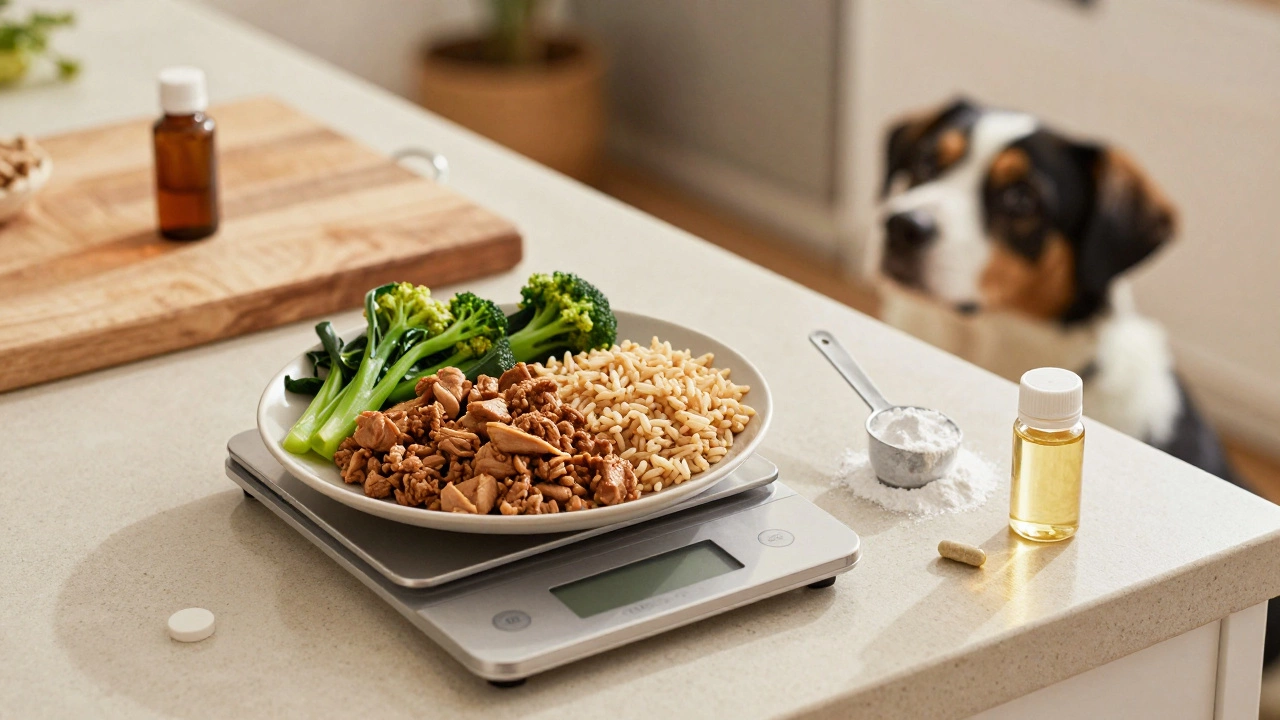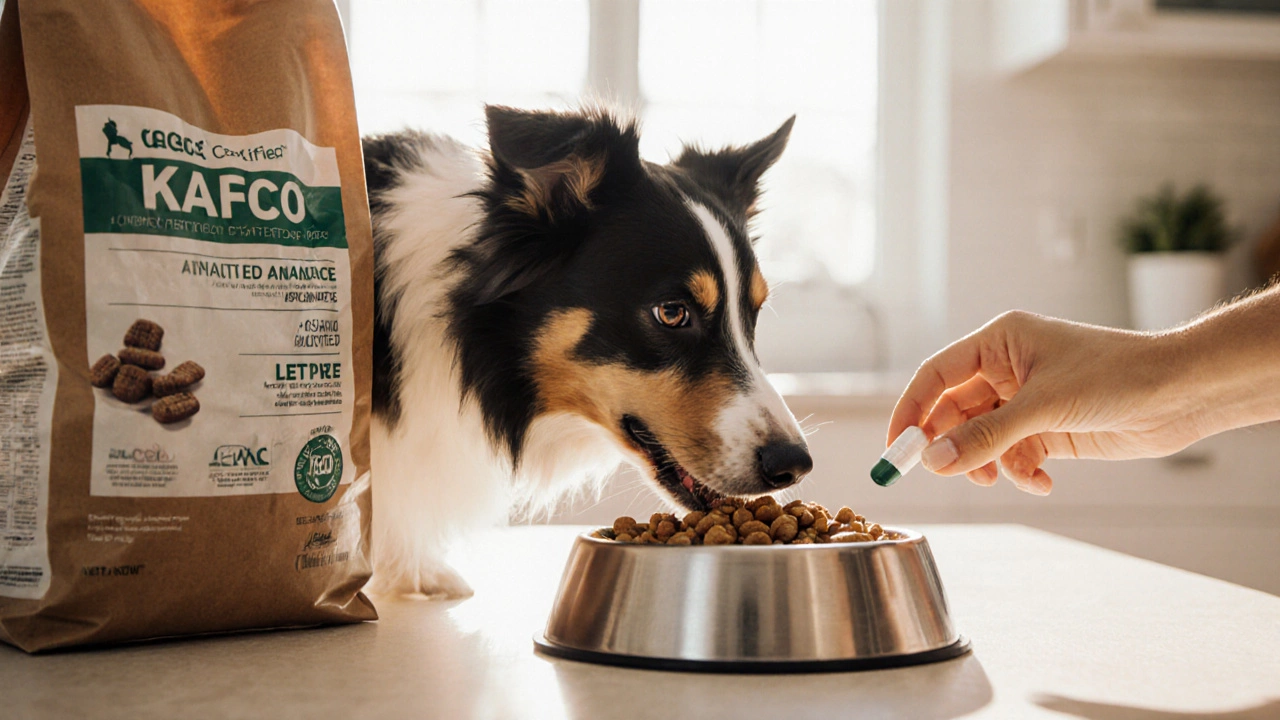Dog Vitamins: What Every Dog Owner Should Know
If you’ve ever wondered whether your dog needs vitamins, you’re not alone. Most owners think a balanced diet is enough, but the reality is a bit more nuanced. Dogs can miss out on essential nutrients for many reasons – age, health issues, or a picky palate. Adding the right vitamins can fill those gaps and keep your pup feeling great.
Why Dogs Need Vitamins
Even the best commercial dog foods don’t always hit the perfect nutrient mark. Puppies growing fast, senior dogs slowing down, and active breeds burning extra calories all have different needs. A vitamin deficiency might show up as dull coat, low energy, or joint stiffness. Simple blood tests can reveal low levels, but many owners start with common signs and a vet check.
Vitamins aren’t magic pills – they support the body’s natural processes. Vitamin A helps vision and skin health, while B‑complex vitamins aid metabolism. Omega‑3 fatty acids, often grouped with vitamins, reduce inflammation and support brain function. Think of vitamins as the small tools that keep the big engine running smoothly.
Choosing Safe and Effective Supplements
When you shop for dog vitamins, look for products made specifically for canines. Human supplements may contain ingredients that are harmful to dogs, like excessive iron or certain herbal extracts. Check the label for a clear dosage guide based on your dog’s weight and age.
Quality matters. Choose brands that use third‑party testing, list the exact amount of each vitamin, and avoid artificial colors or fillers. A reputable manufacturer will also provide a batch number so you can verify the product’s history if needed.
Start low and watch your dog’s reaction. Some dogs may experience mild stomach upset when they first try a new supplement. If that happens, give the vitamin with a meal or split the dose over the day. Always talk to your vet before adding anything new, especially if your dog is on medication or has a chronic condition.
Here are three practical tips for giving vitamins:
- Mix powdered vitamins into wet food – most dogs won’t notice the change.
- Use chewable tablets that taste like meat; they’re easier to administer.
- Set a reminder on your phone to keep the routine consistent.
Remember, vitamins are a supplement, not a substitute for a good diet. Keep feeding high‑quality kibble or fresh meals, and use vitamins to fill the gaps.
In short, the right dog vitamins can boost coat shine, support joints, and improve overall energy. Pick a canine‑specific product, follow the dosage, and keep an eye on how your pet feels. When in doubt, a quick chat with your vet will set you on the right path. Your dog will thank you with wagging tails and a healthy glow.
What Supplements to Add to Homemade Dog Food?
Learn which supplements are essential for homemade dog food to avoid dangerous nutrient gaps. Get clear dosing, safe options, and what to avoid for your dog's long-term health.
Do Dogs Really Need Supplements? The Truth Behind the Hype
Most healthy dogs don't need supplements if they eat balanced commercial food. Learn when supplements actually help-and which ones can be dangerous-for your dog's long-term health.
Essential Vitamins for Optimal Dog Health
In the bustling world of dog health, vitamins play a crucial role in balancing and enhancing your pet's wellbeing. Just like humans, dogs require several essential vitamins to maintain optimal health and vitality. In this article, we explore the most important vitamins dogs need, their benefits, and tips on how to ensure your furry friend receives a balanced diet. Understanding these nutrients is fundamental for any pet owner striving to provide the best care for their canine companion. Dive into this informative guide to learn more about keeping your dog healthy and happy.
Are Dog Supplements Necessary for Your Pet's Wellbeing?
Dog supplements have become increasingly popular, but are they really needed for your furry friend? This article delves into the world of supplements for dogs, exploring when they might be appropriate and what to consider before adding them to your pet’s diet. Understanding the needs of different breeds and life stages is vital, and we'll also discuss some surprising natural alternatives. Our aim is to provide a clear perspective to keep your canine companion healthy and happy.









